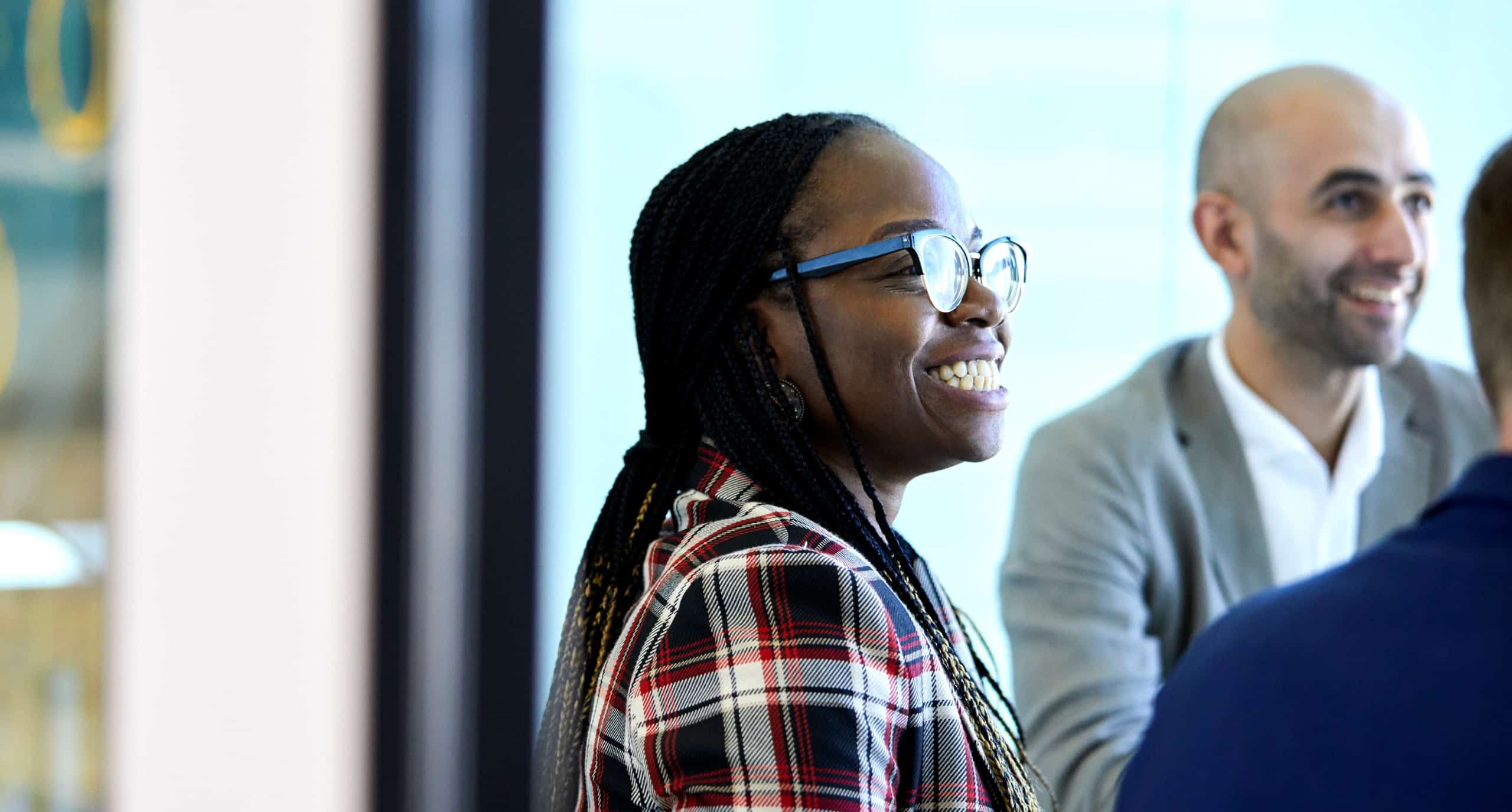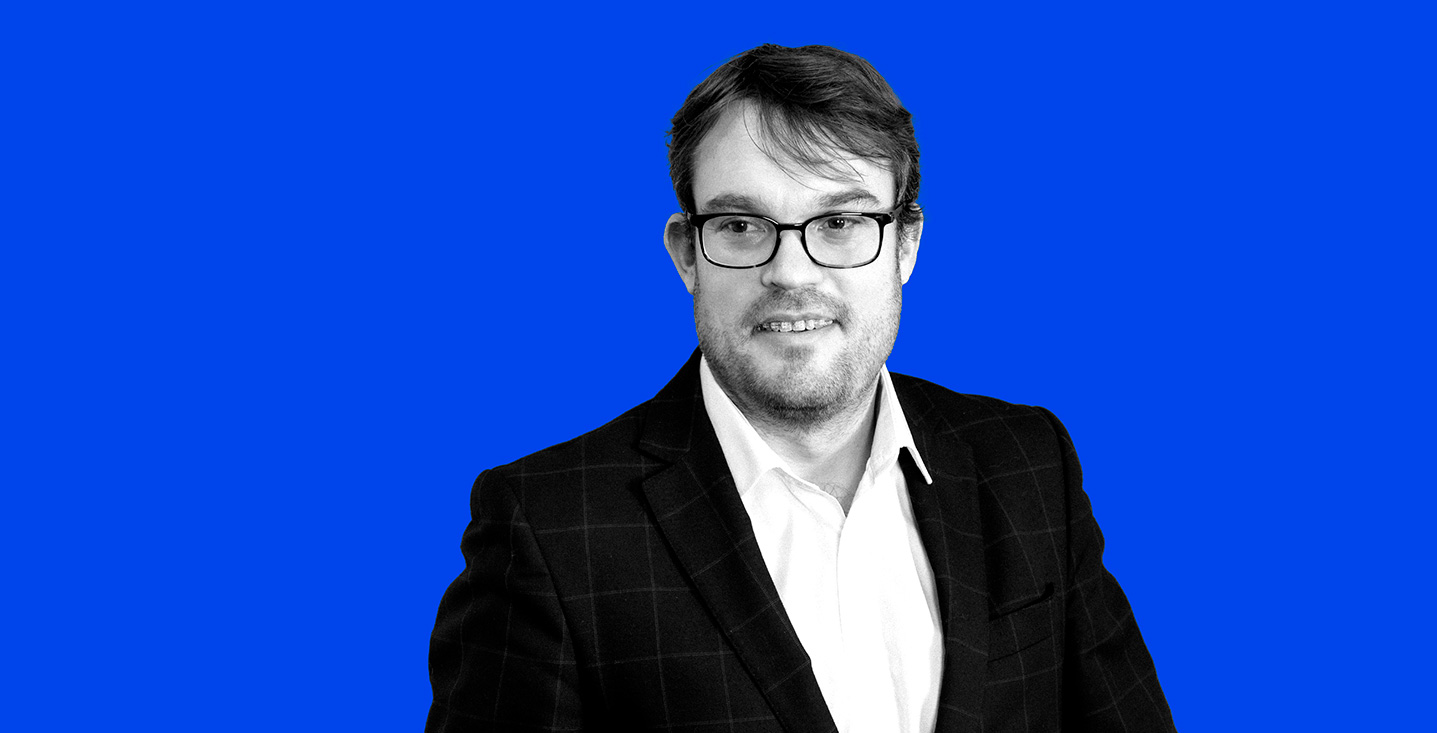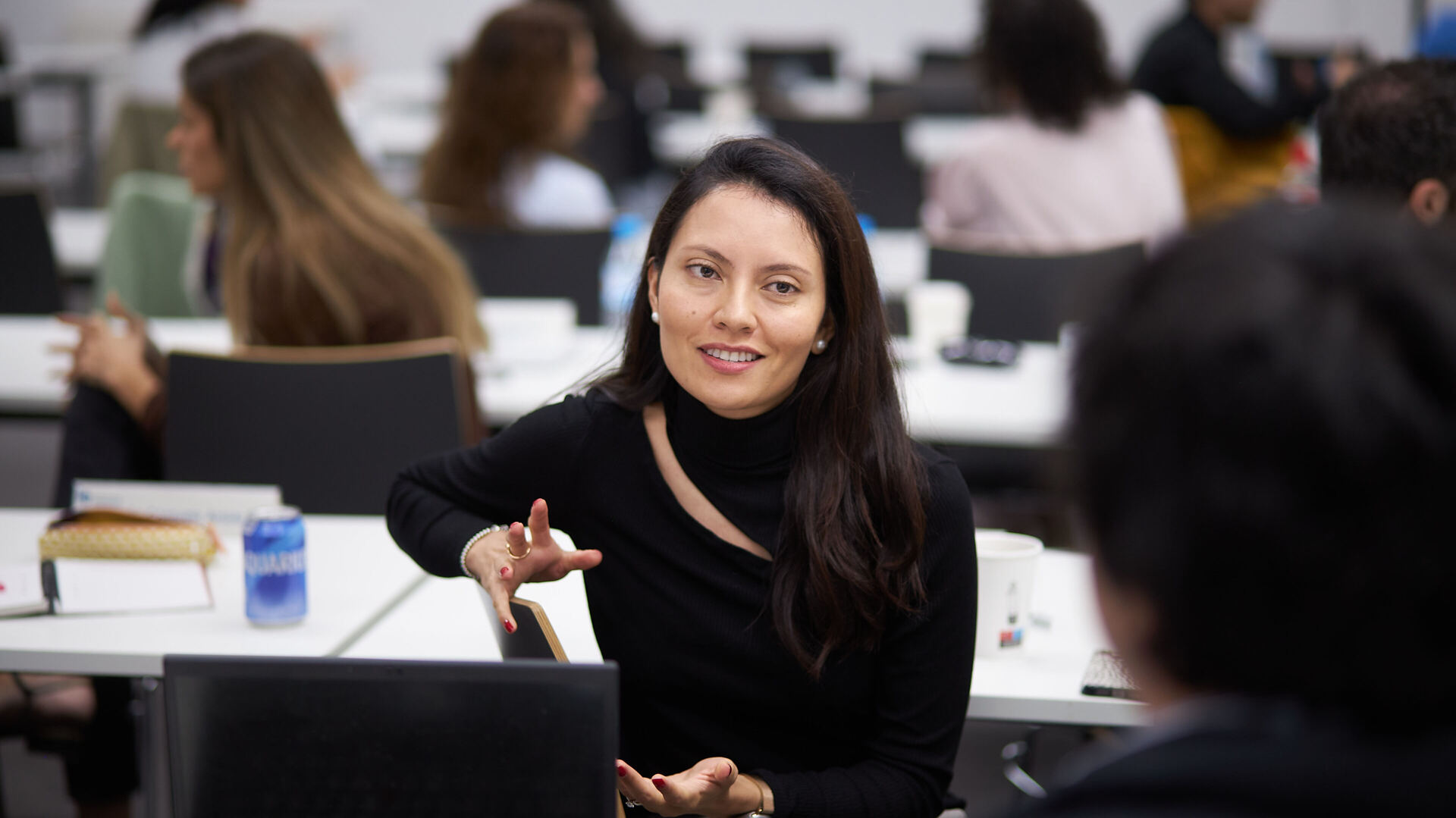03/04/2025
We're back and we're bridging the gap.
Ever heard of the four freedoms? Europe? Planet Earth? OK, one step at a time.
Did you know IE School of Politics, Economics & Global Affairs recently launched two new programs on digital diplomacy? You should. And did you also know that to celebrate, we invited speakers from DIGITALEUROPE, Google and the Spanish National Research Council to talk about where Europe’s lagging and how quickly it needs to tighten its technological bootstraps?
Don’t worry if you didn’t hear—I investigated it all by myself. And now you can read all their expert insights on the growing innovation gap between Europe and the U.S. And I may just explain how adding an extra “fifth” freedom might just bridge the distance. But you’ll have to keep reading to find out if I get that far.
What are the four freedoms?
So, let’s discuss the four freedoms. Europe, since 1986, has guaranteed that goods, services, capital and people can move freely between member states of the EU. These freedoms are the cornerstone of the European Single Market and have made it the biggest of its kind in the world.
But how? Well, by sharing these four freedoms between nations, economic downturns can be significantly mitigated. Capital moves freely to where there is demand, and the European workforce migrates freely to hubs of opportunity. While other trade agreements exist to reduce trade barriers with non-EU nations (CETA or NAFTA), the four fundamental freedoms of Europe are unique.
The problem with the four freedoms? Europe hasn’t quite integrated them as fluidly as they’d like.
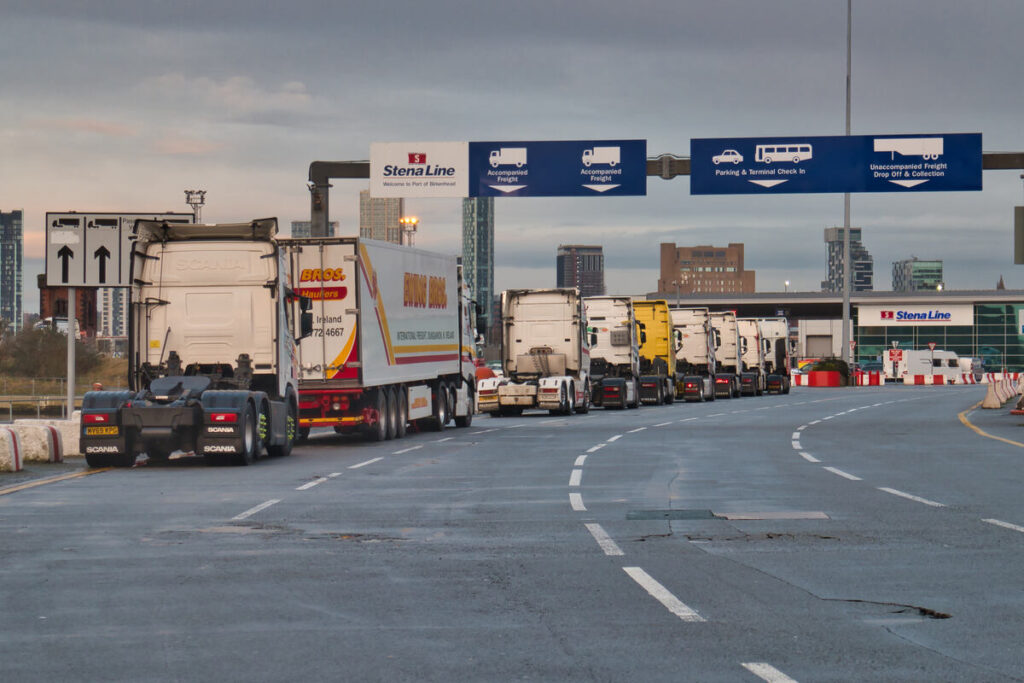
The four freedoms have proven controversial over the years. For example, the great Brexit disasterclass was fuelled by disgruntled Brits who wanted to halt immigration. And other EU nations feel the Single Market’s regulated wages undercut their own domestic wages. While the transport of goods is the most integrated sector of the four, cross-border exchanges are still inhibited by legal obstacles—so, yes, the four freedoms have done lots of good. But they’re not hitting all their KPIs just yet.
What’s wrong with European tech?
Now, what’s wrong with European tech? In short, there’s a mountain to climb for the EU to reach its full potential—European Commission estimates project a €400 billion boost to annual GDP with a fully integrated digital single market. But here’s the issue: Europe can’t match the pace of innovation seen in the U.S. This discrepancy is partly due to the burden that European tech startups face compared to their American counterparts. During our recent launch event, Cecilia Bonefeld-Dahl of DIGITALEUROPE stated that Europe burdens tech companies with an estimated €200 billion in regulatory costs each year.
Giorgia Albertino of Google agreed: “We’ve lost 30% of our competitiveness toward the U.S. in the last 30 years… A few decades ago, a technology could take 10 or 20 years to mature. Today, we’re seeing innovation cycles that are down to just 2 to 6 weeks. And when you have that speed, you can’t prevent companies from scaling.”
“The first thing we need to do is allow mergers and scaling of innovation,” Cecilia added. “Secondly, we need to break down the regulatory burden. We can no longer implement regulations country by country. We need to break down silos of capital—investment capital—and we need to break down barriers to talent, education and innovation.”
Of the ten critical technologies that will define the next few years, Europe leads in just one—connectivity.
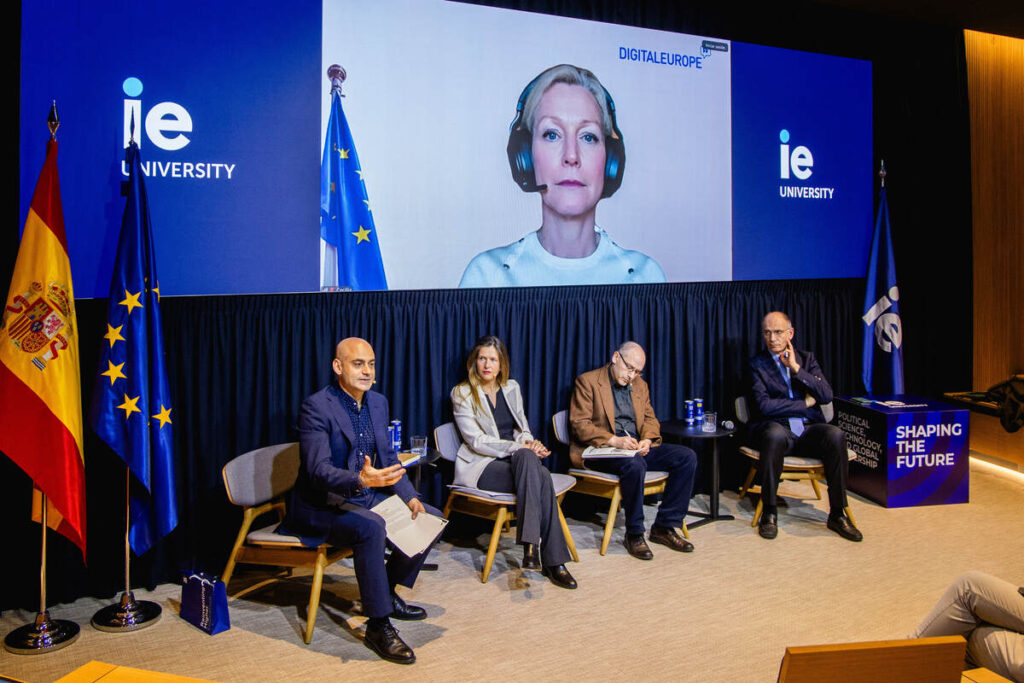
Europe also seems has expertise in energy optimization tech, biotech and manufacturing tech. But when it comes to AI, the States are far ahead. So, what kind of philosophy is needed to unify Europe’s approach to bridging the innovation gap? Enrico Letta, Dean of IE School of Politics, Economics & Global Affairs and former Prime Minister of Italy, has the answer.
What is the fifth freedom?
Enrico wants us to take step back and remember the creator of the four freedoms, Jacques Delors: “The four freedoms are the movement of goods, services, capital, and people—things that were core to the European Union’s economy. But Delors himself once regretted that he stopped at four freedoms and suggested there should be a fifth freedom to help Europe compete globally.”
This fifth freedom is about creating an EU market that goes beyond goods and services. That means expanding to intangible things like knowledge, research, innovation and skills. “We need to modernize the EU to compete with giants like the U.S.,” said Enrico. “Our challenge is that Europe is falling behind in innovation and research. We’re not investing enough in these areas, and the gap between Europe and the U.S. has only grown over the years.”
Enrico says the fifth freedom will be our solution to bridging the gap.
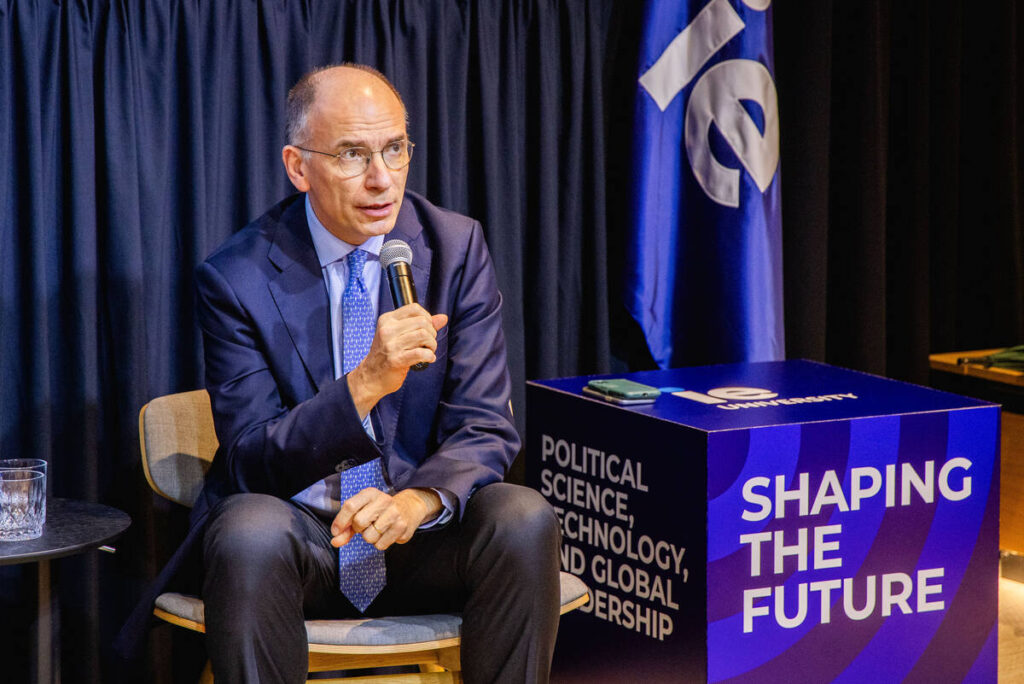
“It’s about creating a more interconnected Europe,” Enrico explained. “The European Commission has already bought into this idea, and now it’s about pushing forward with these goals. We need cross-border, interdisciplinary skills. We need to train people who can manage complex global issues like climate change, data protection and more.”
How can education help bridge the innovation gap?
If there’s one thing we can all agree on, it’s that tech diplomacy is a game-changer. With the pace of technological change and its impact on global politics, we need policymakers who can bridge the gap between innovation and international governance. That’s why we’re launching a new program at IE School of Politics, Economics & Global Affairs to prepare the next generation of leaders: the Master in Technology & Global Affairs.
This multidisciplinary master’s program takes a deep dive into the intersection of tech and global policy, equipping students with the skills to navigate the challenges of our rapidly evolving digital landscape. In partnership with the Geneva Science and Diplomacy Anticipator (GESDA), it offers a cutting-edge curriculum that addresses the critical issues where technology, politics and public policy collide. It’s the perfect launchpad for careers in both the public and private sector.
According to Francisco Javier Moreno of the Spanish National Research Council, the “IE approach” will be instrumental in shaping the next generation of tech-ready diplomats.
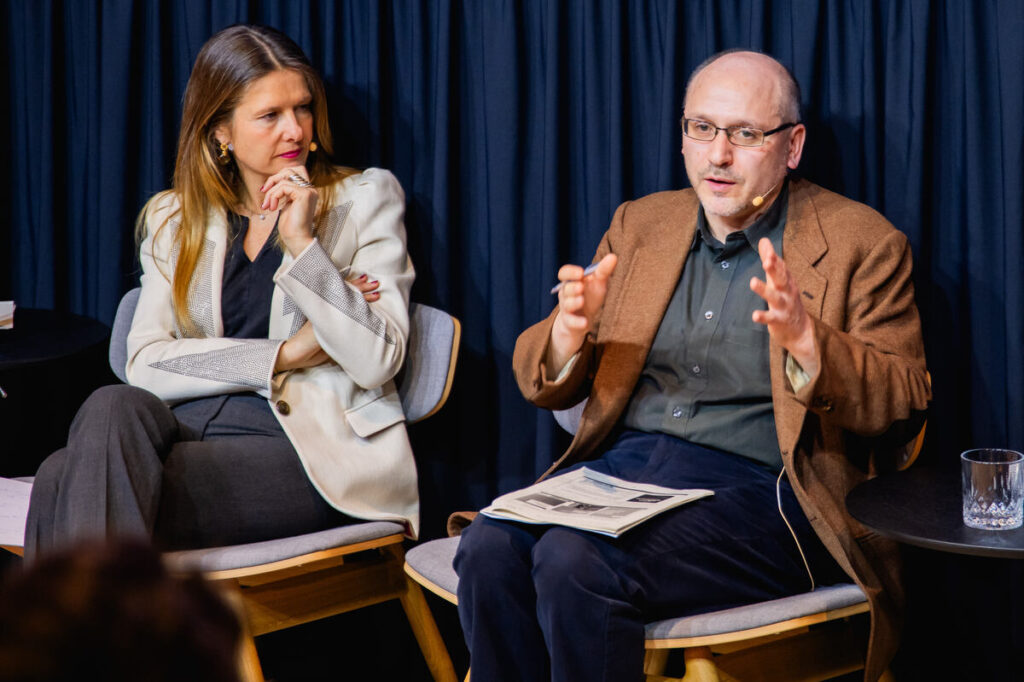
Interested in studying with us? You’ll learn about emerging tech fields like AI, blockchain, biotech and cybersecurity. And you’ll learn how to apply this knowledge in influencing global power and national policy. With tailored electives, capstone projects and extracurricular activities, the program offers the flexibility to specialize in either domestic policy or international relations. And with partnerships across the tech world and international organizations, students will have unmatched opportunities to network, exchange ideas, and learn directly from experts on the front lines of global challenges.
Having reached the limits of the four freedoms, Europe needs professionals who can fuse tech and diplomacy. Our graduates will populate governments, IGOs, NGOs and more in the near future.
Expanding the four freedoms: Europe and IE School of Politics, Economics & Global Affairs
Want to learn more about IE School of Politics, Economics and Global Affairs? Follow the link below to see how we blend theory and practice across all our programs. We’re also partnered with renowned organizations like the UN, EU and NATO, to ensure graduates access the very best opportunities.
With world-class faculty, a diverse student body and a commitment to innovation, the future starts here. Remember to fill out the form below to stay in touch.
Benjamin is the editor of Uncover IE. His writing is featured in the LAMDA Verse and Prose Anthology Vol. 19, The Primer and Moonflake Press. Benjamin provided translation for “FalseStuff: La Muerte de las Musas”, winner of Best Theatre Show at the Max Awards 2024.
Benjamin was shortlisted for the Bristol Old Vic Open Sessions 2016 and the Alpine Fellowship Writing Prize 2023.


